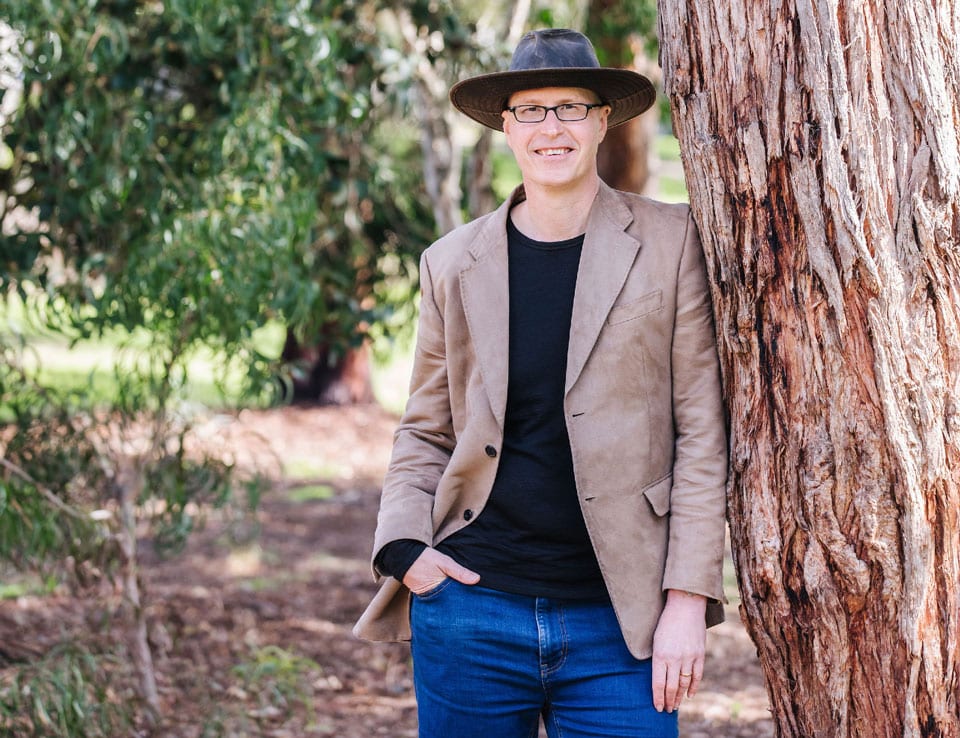How to attract a fortune that counts

If you want to be wealthy then you need to be able to do three things: make money, manage money, and multiply money.
Making Money
Most people are pretty good at making money. In Australia, our education system is geared towards providing skills to help you gain employment and become a productive citizen. By your early to mid twenties you’ll likely have stopped learning and started earning; swapping time for money and being remunerated according to your skills and experience.
Managing Money
This is when the second ability becomes more and more important. The average Aussie in full time employment currently earns about $68,000 per annum, meaning that over a forty year working career, you’re likely to earn about $2.7m. That’s a lot of money; a literal fortune.
Your problem is unlikely to be earning too little but rather spending too much. While our schooling systems provides skills to get a job and earn a wage, precious little tuition is provided on how to manage it. Instead we’re left to muddle along on our own, all the while being tempted by clever corporate marketing to spend, spend, spend.
If you aren’t taught the skills needed to be a good money manager, how are you supposed to know what to do? Without an intervention, the way you think, act and feel about money – what I call your financial programming – is likely to be a mishmash of monetary thoughts and habits inherited from your parents. This is problematic, because three quarters of retirees report having to rely on the age pension to survive. Hence there is a real risk that you’re financial programmed to have a poor retirement. You can do what everyone else does, and expect a different outcome to what everyone else has.
Thankfully it’s easy to upgrade your financial programming, if you want to. Read books, attend courses, have conversations and seek advice from people who have demonstrable success in what you’re trying to do. Just beware people selling quick fixes or no-effort solutions. Small amounts of progress over long periods of time is far more realistic than large amounts of progress in small amounts of time.
Multiplying Money
Which brings us to the third skill: multiplying money. The recipe for getting rich has only three ingredients: capital (i.e. savings), return and time. Your ability to save is a function of your ability to manage your money and spend less than you earn. Return is the profit earned on your investments. Time is your investing horizon – the longer the better so you can benefit from the magic of compounding.
Which is more important: return or time? The answer is time. For instance, $5,000 per annum for thirty years at 8 per cent per annum (future value of $566,419), will give a better outcome than $30,000 per annum over five years at the same return (future value $175,998). Notice how it is the same amount of capital ($150,000) and return (8%)?
There is another important consideration – the relationship between return and risk. An accepted principle is that higher returns carry higher risk. This means that if you’re trying to make your fortune by investing in high-returning investments, then you’re investing strategy has higher risk associated with it. Remember this: if you’re in the market hoping to make a financial killing then you run the constant risk of getting killed! Here’s a principle to remember: it is better to earn small amounts over a longer period of time, than larger profits over a shorter period.
Making It Count
To give meaning to your money beyond providing financial security, you have to make it count. By this I mean using it in ways that give meaning and add significance to your life.
We can all learn the lesson from Alfred Nobel. After being incorrectly reported as dying, Nobel – who created gelignite – was called a merchant of death in an editorial obituary in a French newspaper. Apparently horrified to read such an account of his life, he used his money to leave a more positive legacy which continues to this day with the annual Nobel prizes for contribution to humanity.
How do you want to be remembered after you’re gone? By the money you amassed or the way you used it to touch, move and inspire others?
Written by Steve McKnight.
Have you read?
Best CEOs In The World, 2022.
Global Passport Ranking, 2022.
World’s Richest People (Top Billionaires, 2022).
Economy Rankings: Largest countries by GDP, 2022.
Top Citizenship and Residency by Investment Programs, 2022.
Bring the best of the CEOWORLD magazine's global journalism to audiences in the United States and around the world. - Add CEOWORLD magazine to your Google News feed.
Follow CEOWORLD magazine headlines on: Google News, LinkedIn, Twitter, and Facebook.
Copyright 2025 The CEOWORLD magazine. All rights reserved. This material (and any extract from it) must not be copied, redistributed or placed on any website, without CEOWORLD magazine' prior written consent. For media queries, please contact: info@ceoworld.biz








